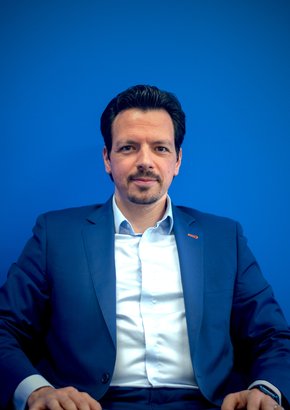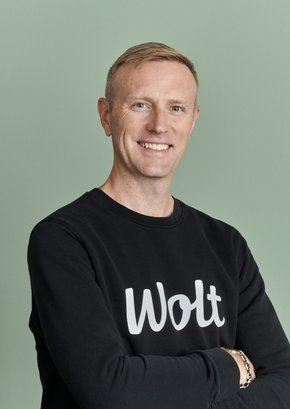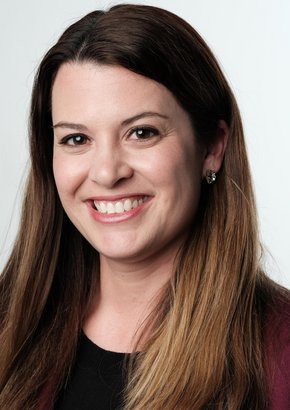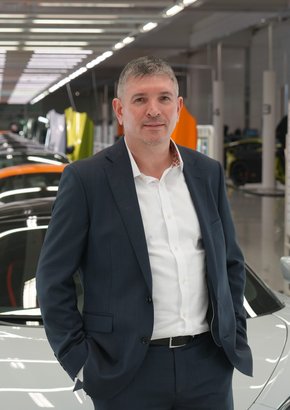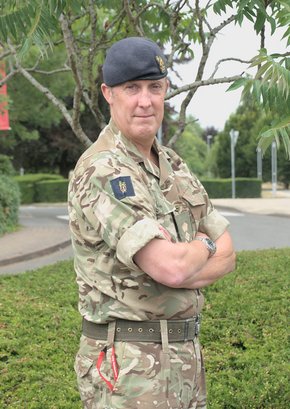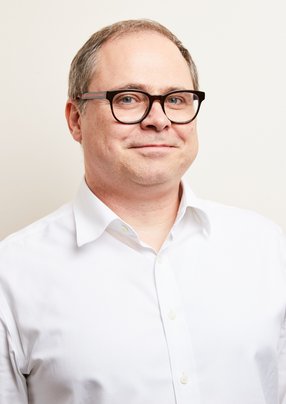
Boris Krumrey
Global VP for Automation Innovations at UiPath

As UiPath’s Global VP of Automation Innovations, Boris Krumrey is a veteran computer enthusiast, benefitting from over two decades of IT and management experience.
Having joined the company in 2017, he created the UiPath Immersion Labs and is responsible for driving UiPath’s Automation Innovation agenda.
While studying at the Technical University (TU) of Berlin, Krumrey, being highly dyslexic, was not the typical computer science student with A-levels in Maths. But having started with computers at the age of 15, he soon began programming in Pascal and on his Apple II.
“I started in the software business very early,” he explains. “At university, I met the son of a banker who had developed a single-user banking system in DBASE 2. I was already developing software on minicomputers with SCO Unix and so we ended up developing a multi-user banking system on Informix with him and my computer science study group. So, by the time I was 24, we had deployed our banking software to the first private bank and were selling it to other banks. But I was already thinking about my next projects, while the rest of the study group continued growing the banking software company. Then I joined TELES AG, a company owned by Professor Sigram Schindler, who was also the head of the computer science department of the TU. There, I could combine my practical software development work much better with my studies. Funny enough, I accidently bumped into ‘Siggi’ - as we used to call him - 6 years after my graduation on a flight from Frankfurt to Berlin and ended up as a member of the executive board of TELES AG.”
Having worked in software solutions throughout his studies, in the years following, Krumrey held a number of pioneering roles: “I even got to know Steve Jobs when he’d just founded NeXT computers at the CeBit, because my best friend was working on the NeXTcube signalling chip. It was great to experience Steve’s passion for innovative technologies,” he reveals.
Krumrey has held a number of roles globally, working in Germany and Australia with Sun Microsystems.
At the turn of the millennium, during the internet boom, he was CTO of the Strato Medien AG, a company owned by TELES AG, and later spent more than nine years as Senior Manager in large Outsourcing service delivery operations for Accenture and five more years as Senior Transition Director at Infosys. He was responsible for automation and robotics at Atos.
Joining UiPath as Chief Robotics Officer in 2017, he helped to shape UiPath’s product roadmap vision and started the technology alliances with Oracle, Google and many innovative technology partners in 2018. He took on his current role in 2019.
A passionate advocate for innovation, ensuring people understand the importance of automation as an innovator to ongoing business challenges, Krumrey points out: “The biggest challenge for creative minds is to articulate the value of vision most people cannot imagine. For business operators, it is all about generating revenue with minimal risk. Thinking out of the box is always a high risk for them.
“Eric Schmidt once said that innovative people do not need to be told to do it, they need to be allowed to do it. It's like in the past when Henry Ford said, 'if I’d asked the people, they would just have wanted faster horses',” Krumrey laughs. “That disconnect – that's always the biggest challenge for me.”
To innovate means to creatively collaborate with others and allow yourself to be vulnerable, Krumrey believes. He takes inspiration from Boston Philharmonic Orchestra conductor Benjamin Zander. “Benjamin Zander once gave all students at the beginning of his classes an A, taking away all the peer pressure and competition to allow the students to focus on working creatively with each other on the musical challenge and then let them justify why they deserve an A at the end of the class. That is how we can lead with empathy, enable creativity, and really work together, to solve much bigger problems.”
Read the full story HERE.
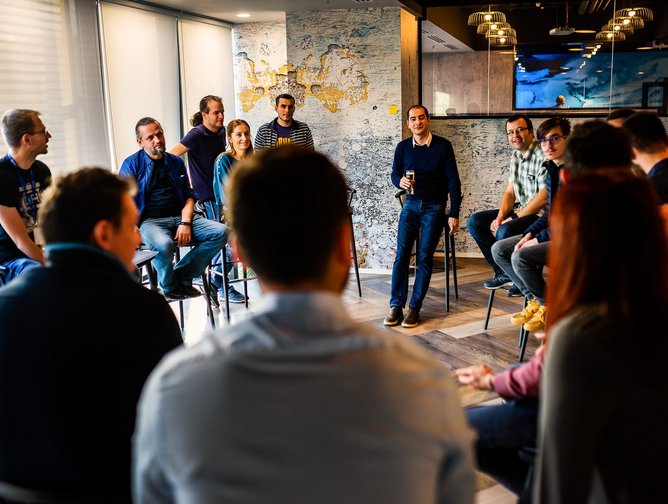
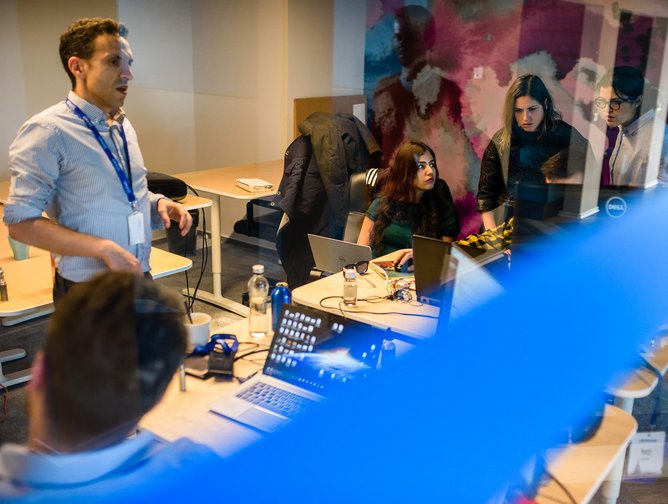
Featured Interviews
We’ve built some unique features into our insurance program specifically because we’ve listened to courier partners in every country


